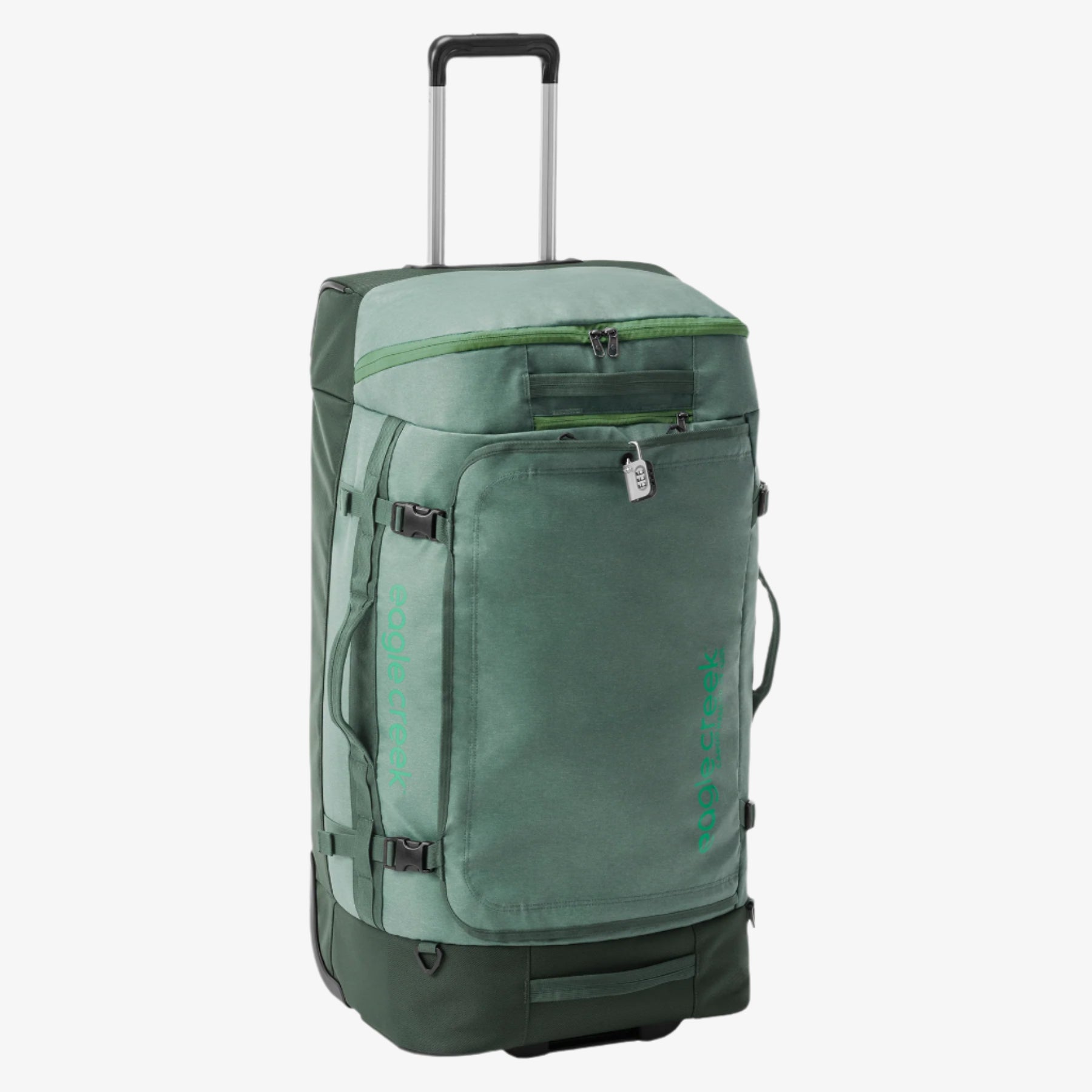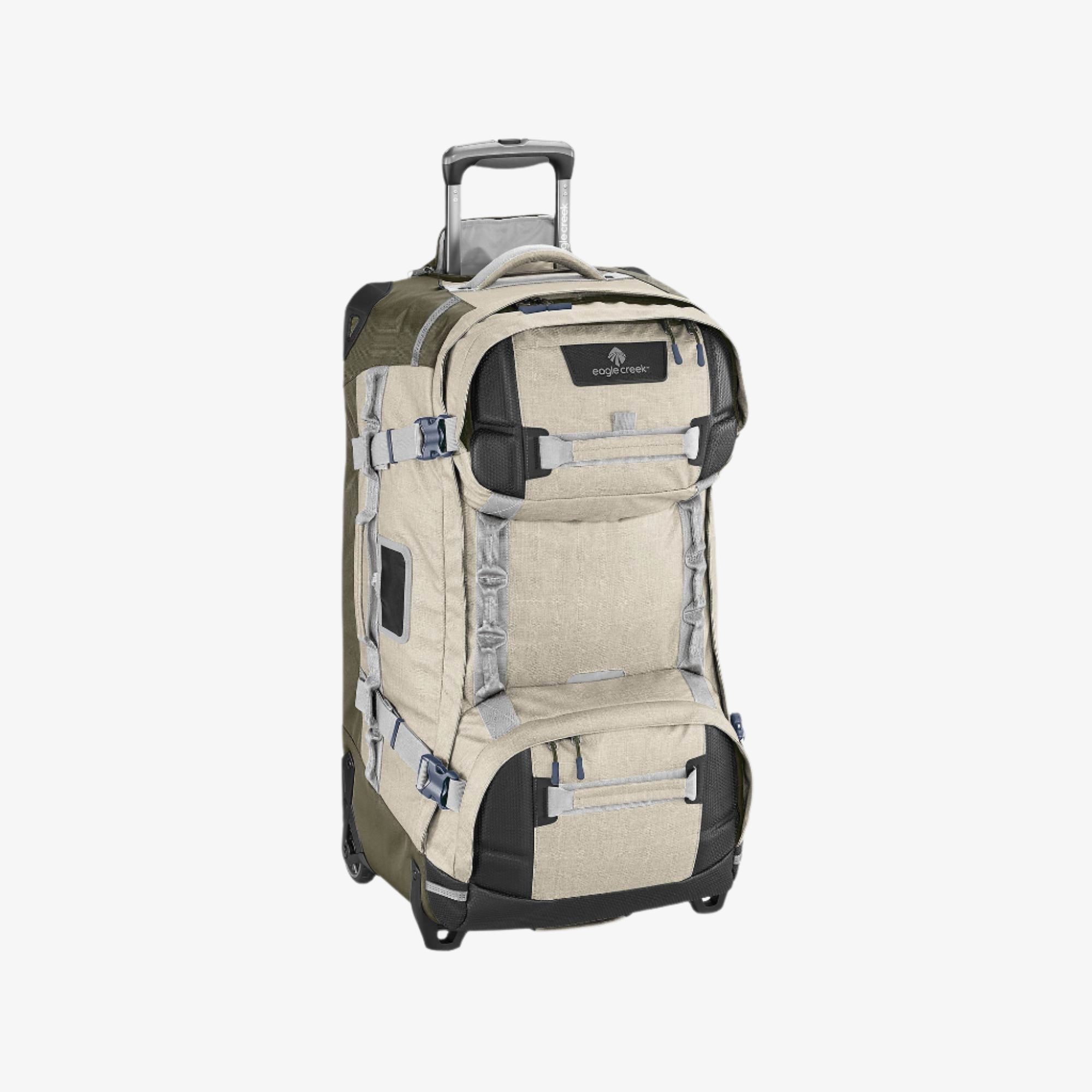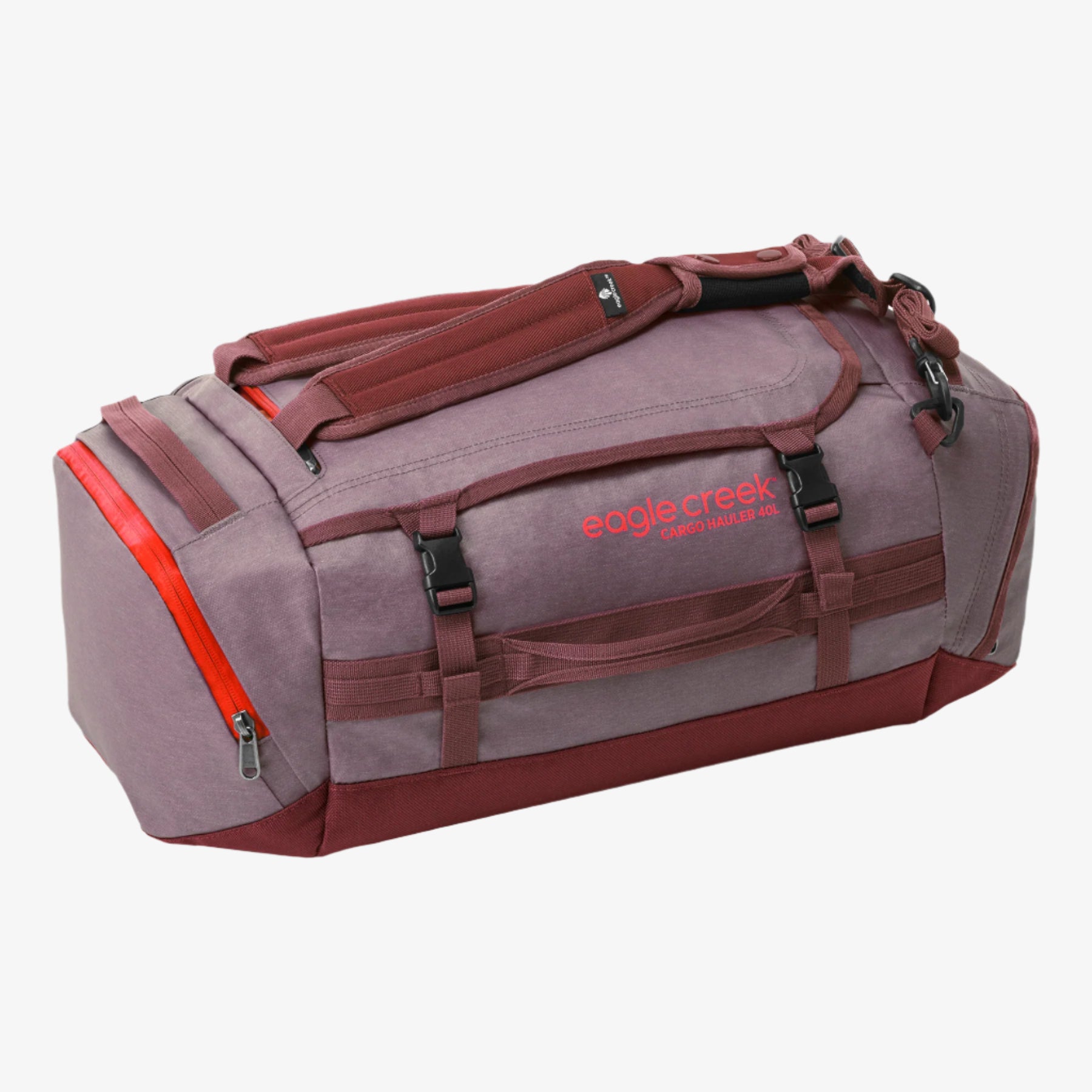
Half of all millennials routinely add vacation time to work-related trips. But that doesn’t mean they’re doing it right. Here’s how to keep the boss and your travel companions happy when you mix business and personal travel.
If you want role models for good work-life balance, look to millennials.These 20 and 30-somethings are more likely to add vacation time to their business trips than are older workers. And people who indulge in “bleisure travel” are more likely to be satisfied with their work-life balance and quality of life than people who make business travel all about work (87% versus 64%).
Half of all millennials always or often add vacation time to business trips, versus one third of Generation X and Baby Boomers, according to a survey by National Car Rental.
The people surveyed say taking personal time on business trips improves their focus and productivity on the work part of the trip. And it makes their vacations less expensive, allowing them to travel more.
But balancing work and fun on bleisure trip is tougher than it might seem, especially when family tags along (nine out of ten parents took workations last year, according to the survey). You don’t want your family to feel neglected, but you want also want to you appear diligent to your colleagues and manager back at the office.
Read on for five pro tips from frequent bleisure travelers. They share exactly how to plan a bleisuretrip in a way that leaves you, your boss and your travel companions all feeling satisfied.
1. Tell Your Boss Your Plans
National Car reports that millennials are far more likely than boomers or Gen-Xers to believe that they need to hide the added vacation time from coworkers. More than 45% say they avoid telling their boss if they can. Yet 72% will share their trip on their social media.
This is the wrong strategy, according to Jen Ruiz, the author of You Need a Vacation! How To Travel With a Full-Time Job. She says, “Be honest with your boss so you don’t have to hide your trip on social media or worry about slipping when you get back to the office.”
Not surprisingly, employees are more likely to be open with their managers about their workation plans if their managers take them, too.
Either way, being straight with your boss gives you the opportunity to make clear that the client, conference, or training you’re traveling for is your priority. “When you tell your boss that you are doing this explain how you will manage your work and what your guests will be doing in the meantime,” says Phil LaDuke, who travels frequently as a workplace safety consultant.
If you’re adding a weekend to one or both ends of a Tuesday to Thursday trip, Ruiz says, take the Monday and Friday as vacation or personal days (don’t have enough, negotiate for more vacation days well before you plan your trip). Trying to pass vacation days off as work dayswhen you clearly won’t be working absolutely sends the wrong signal.
2. Figure Out Logistics
That line between work and fun can’t just be something you draw for your boss. It has to be clear to you and your travel companions. Otherwise you might resent the fun they’re having while they’re frustrated you can’t join them.
Some questions to answer:
● Will family join you for the whole trip or just the vacation portion?
● Will you switch to a new hotel for the vacation portion of the trip or stay in one place the whole time?
● Will you be available to join your family for breakfast or dinner on your workdays?
● What local activities should your family save to do with you and what can they do on their own?
● Will you rent a car and if so, who will be using it? Will there be dropping off and collecting of the other part of the group, or are they on their own?
There are no right answers to these questions, and the answers might change for different trips. What’s important is that you talk about them before the vacationand make sure everyone is on the same page.
3. Have a Place to Work
If you need to get office work done between meetings or around your conference, think about where you can do it undisturbed. Marcos Clowes, who travels internationally for his logistics and transport business, suggests spending time at your company’s local office if there is one.
If not, consider whether the client you’re visiting might be able to lend you a desk for a few hours, or if the hotel has a lounge or business center you can use to stay well connected while traveling.
If Clowes knows he’ll need a few hours of quiet time in the hotel room each day to get things done, he arranges ahead of time for his travel companions to be out during those hours. It might be the time of day your family goes to the pool, for example.
4. Pack for Two Trips
Your company is probably willing to pay for you to check a bag. Take advantage of this to pack what you need to look business-like for your workdays and be comfortable when you’re vacationing.
The Gear Warrior wheeled bag is perfect. It has room for plenty of clothes, shoes, files, and gadgets (like spare chargers!). It also has a separate compartment for laundry, or things you want to keep handy. Added bonus? An equipment keeper securely attaches jackets or bulky items to the outside. It’s a win for those who need enough space for business and casual.
And since you need to look your best, use packing cubes, a shoe sac, and garment folders—these key items help you organize your leisure and work clothes, and while allowing you to pack wrinkle-free.
5. Make a Schedule
The National Car survey showed that bleisure travelers tend to work about nine hours a day on business trips—one hour less than pure business travelers.
Both groups felt pressure to keep on top of their regular work while traveling, so, the car rental company interpreted the time difference as the bleisure travelers making more of an effort at work-life balance.
So, while work has to come first for the business portion of the trip, it doesn’t have to be all you do. LaDuke decides ahead of time what his work hours will be for a trip, so he knows when he’ll be available for his family. Also consider your work-related social obligations so your family will know if you will join them on some, all, or no evenings while you’re working.
6. Carefully Segregate Expenses
If your airplane or train ticket is more expensive than it would be for a business-only trip, LaDuke suggests only expensing the portion of the ticket that your company would have paid anyway. Of course, if staying longer means paying less and saving the company money, feel free to point that out to your manager.
It’s also a good practice to keep clear records of which meals, taxis, and other expenses are work-related and which are just for fun. If your family joins you for meals on your workdays, try to get itemized checks or consider asking for two separate checks for you and your companions. This will make it easier to file accurate expense reports when you get home. It will also make your boss more likely to say yes the next time you want to take workation!
Ready to maximize your vacation days? Start packing now.
Related Links (from Eagle Creek blog):
How To Negotiate More Time Off





































